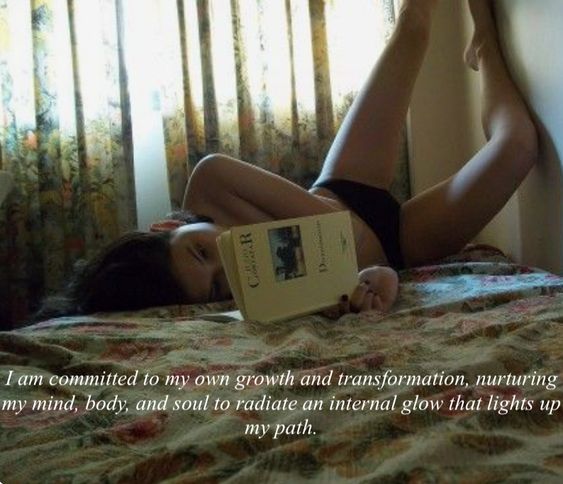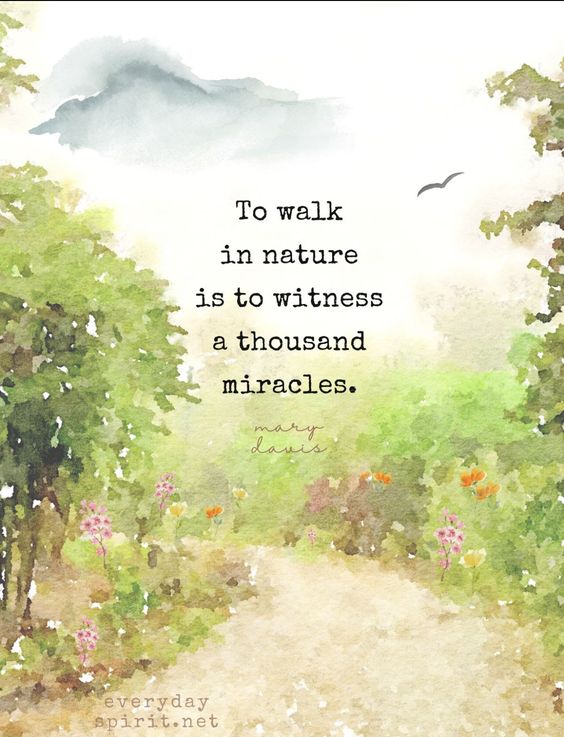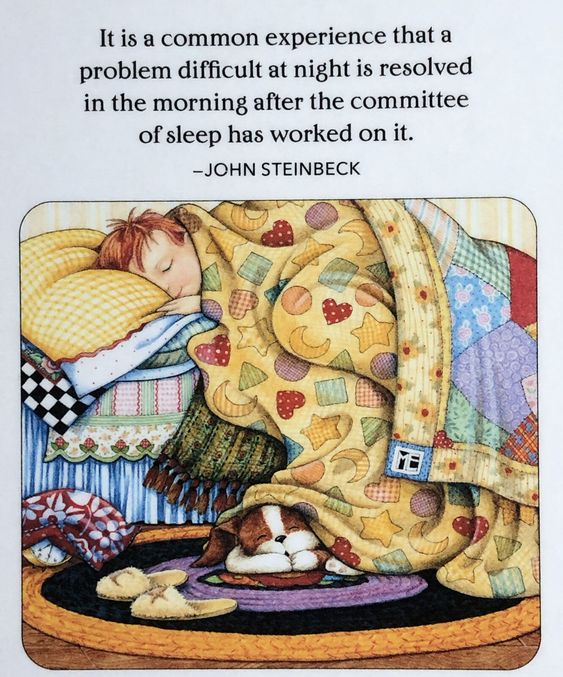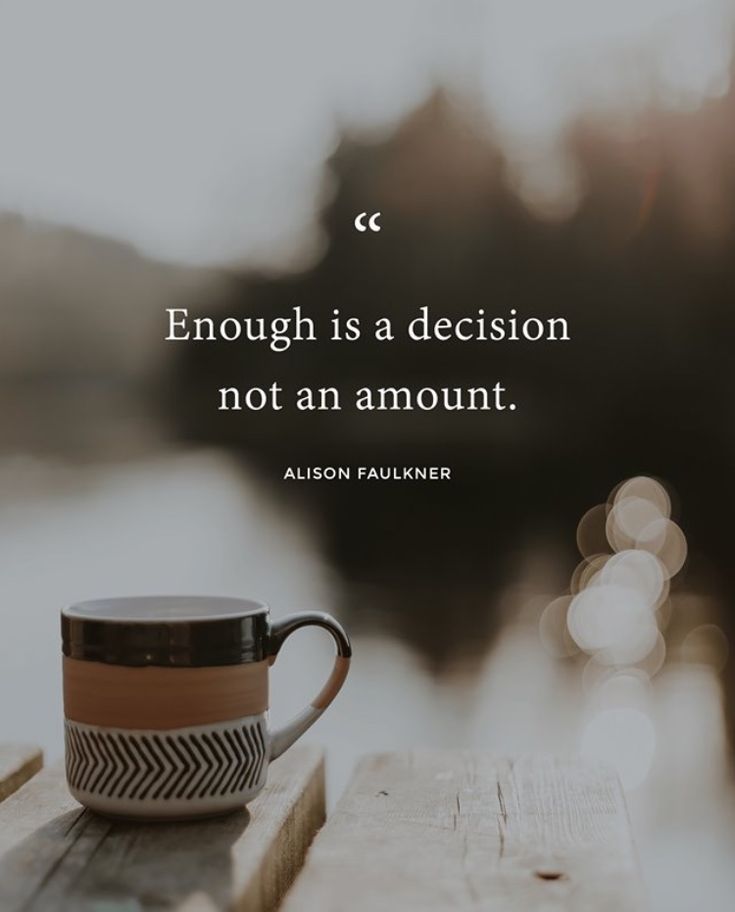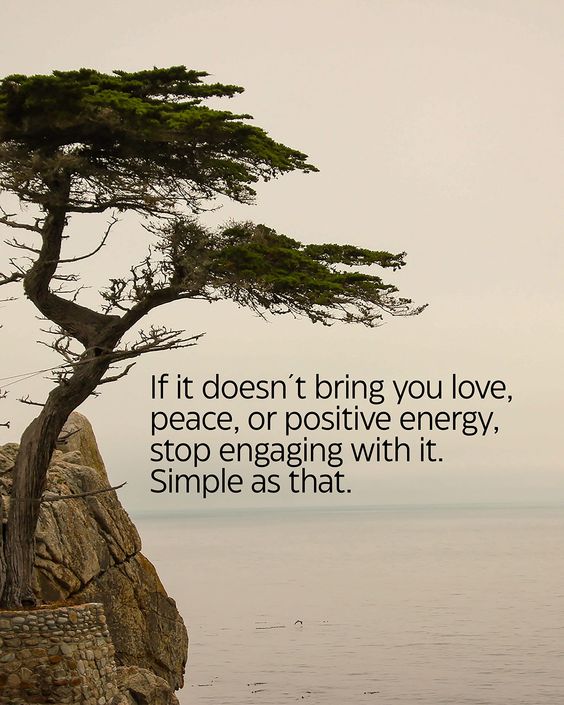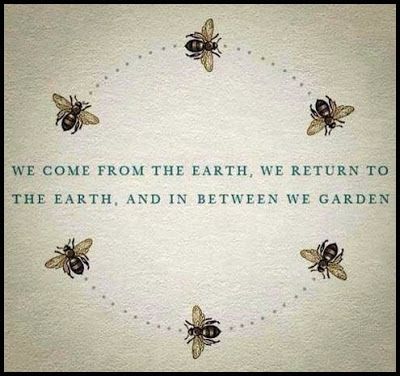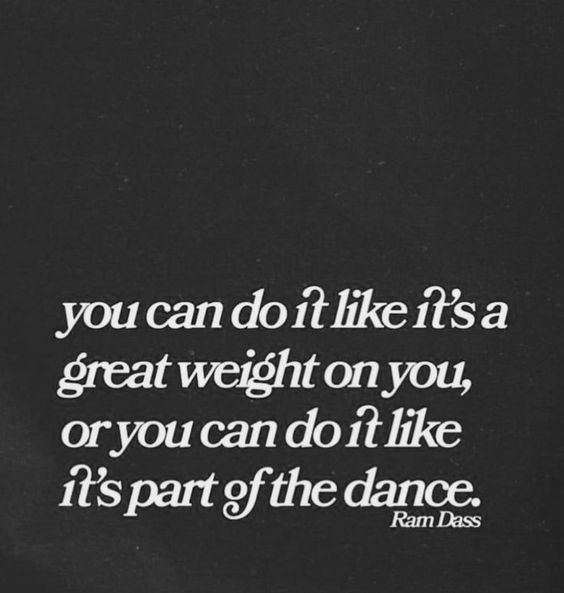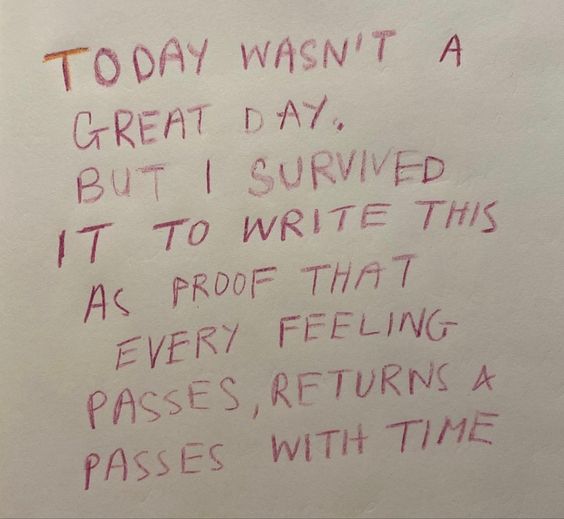“Patients are often disappointed to learn that I too wander unredeemed, that I am no better off than they are. Eventually, they may realize comfort implied in my turning out to be just another struggling human being. At least then I can bring a fellow-pilgrim sort of understanding to his journey. Recognition of my all-too-obvious fallibility can provide the relief of learning that some happiness is possible without his having to reach some state of perfection.”
Sheldon B. Kopp, If You Meet Buddha On The Road, Kill Him! (Page 134)
“The psychotherapy patient will have to learn to fend for himself, to become a lonely wayfarer whose whole life becomes one long, transforming pilgrimage. Being in treatment may show him the way he is to journey, but it will be up to him to reclaim his salvation continually by remaining on the march for the rest of his life.”
Sheldon B. Kopp, If You Meet Buddha On The Road, Kill Him! (Page 130)
“Bad character might drive someone into a position of leadership—because of their ambition, their ruthlessness, their shamelessness—but eventually, inevitably, this supposed ‘strength’ becomes an Achilles’ heel when it comes time to actually do the job. Who trusts them? Who actually wants to work with them? What kind of culture develops around them? How can they learn? How can they know where the landmines are?”
Ryan Holiday
“The only way to be saved is to spend your lifetime on a pilgrimage.”
Sheldon B. Kopp, If You Meet Buddha On The Road, Kill Him! (Page 128)
“Confronting one’s own personal garbage is the way to begin.”
Sheldon B. Kopp, If You Meet Buddha On The Road, Kill Him! (Page 126)
“As a therapist, I do not consider myself a ‘Shrink.’ I wish to help expand consciousness, not to diminish it. I am not interested in getting people to ‘adjust’ to our rather unsatisfactory culture. At the same time, I am not a ‘Radical Therapist’ preaching revolution and social change. Instead, I hope to help the pilgrims who seek my guidance to see that all rules are mere conventions, games that one can play or not. It is only necessary to recognize that they are games, to do what you wish, and to face the consequences of your behavior.”
Sheldon B. Kopp, If You Meet Buddha On The Road, Kill Him! (Page 117)
“If we flee from the evil in ourselves, we do it at our hazard. All evil is potential vitality in need of transformation. To live without the creative potential of our own destructiveness is to be a cardboard angel.”
Sheldon B. Kopp, If You Meet Buddha On The Road, Kill Him! (Page 109)
“When we lay claim to the evil in ourselves, we no longer need fear its occurring outside of our control. For example, a patient comes into therapy complaining that he does not get along well with other people; somehow he always says the wrong thing and hurts their feelings. He is really a nice guy, just has this uncontrollable, neurotic problem. What he does not want to know is that his ‘unconscious hostility’ is not his problem, it’s his solution. He is really not a nice guy who wants to be good; he’s a bastard who wants to hurt other people while still thinking of himself as a nice guy. If the therapist can guide him into the pit of his own ugly soul, then there may be hope for him. Once this pilgrim can see how angry and vindictive he is, he can trace his story and bring it to the light, instead of being doomed to relive it without awareness. Nothing about ourselves can be changed until it is first accepted.”
Sheldon B. Kopp, If You Meet Buddha On The Road, Kill Him! (Page 108)
“No patient in psychotherapy can recover his own beauty and innocence without first facing the ugliness and evil in himself. [Carl] Jung tells us we have ‘dealt the devil… [no] serious blow by calling him neurosis.'”
Sheldon B. Kopp, If You Meet Buddha On The Road, Kill Him! (Page 105)
